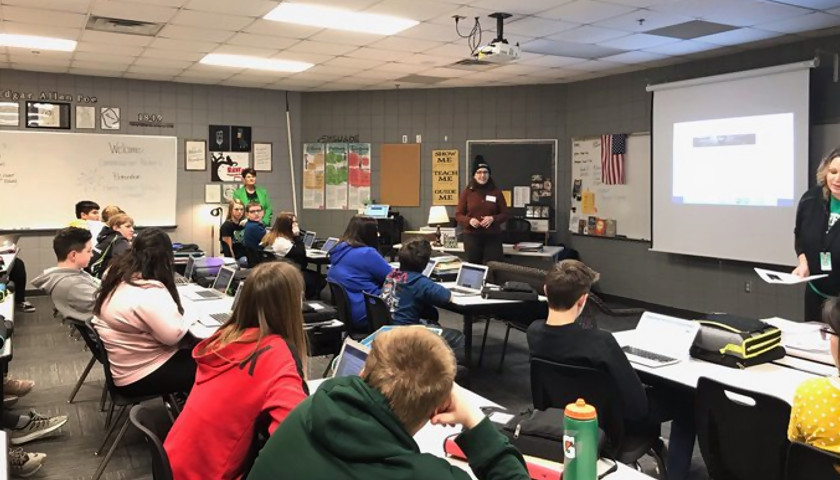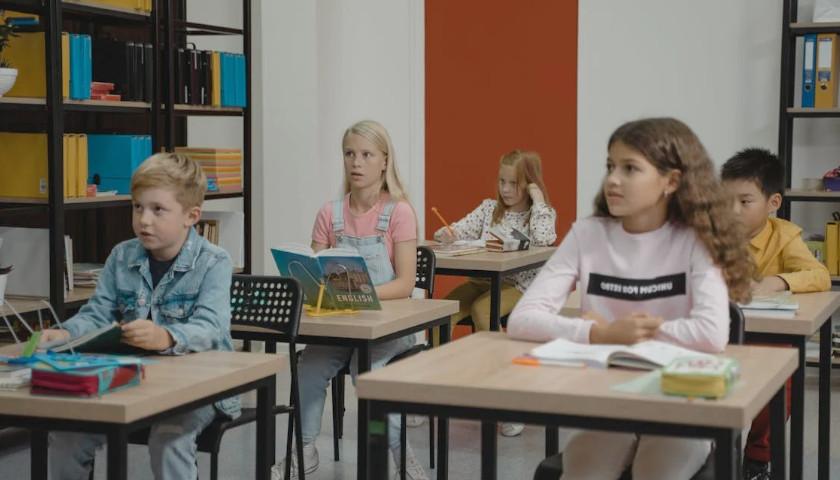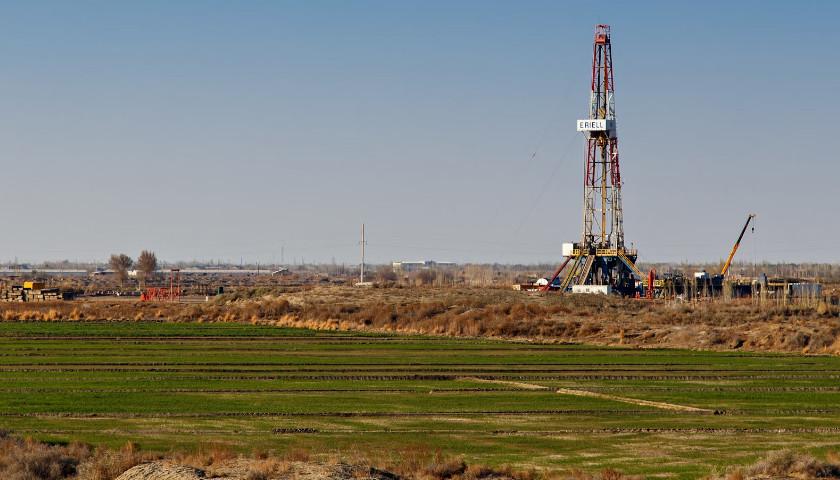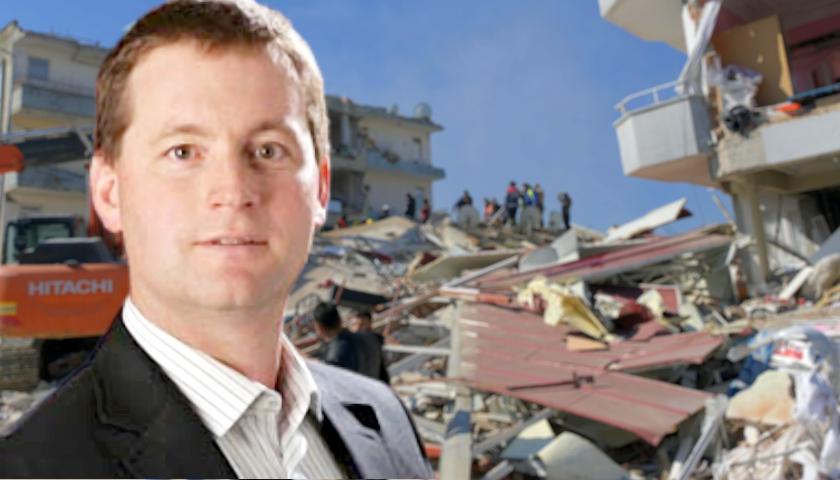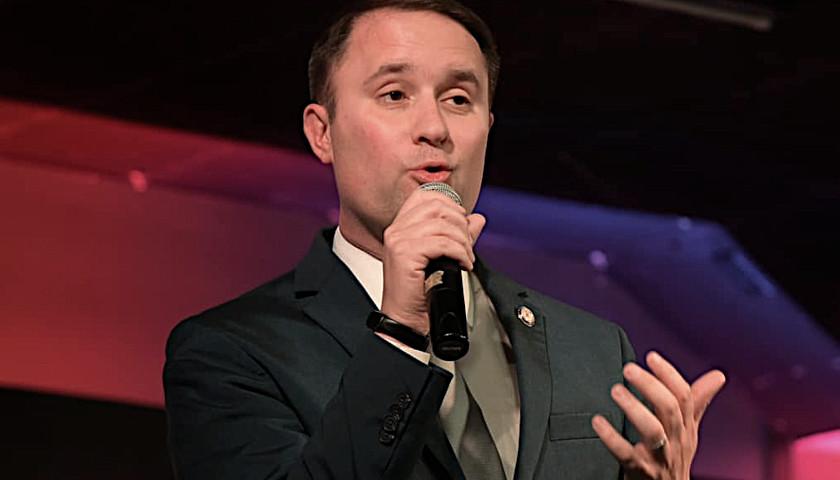Minnesota’s newly proposed social studies standards for public schools place significant emphasis on race, gender, climate change and LGBT issues.
Under the first draft of the proposed standards, students will be asked to “develop a respectful awareness about how ideas and norms about gender have changed over time,” accept that “some forms of slavery continued even after emancipation” and learn how the “fight for social justice” continues today.
Students will also be asked to “analyze how resistance movements in the U.S. have organized and responded to oppression,” and “imagine and work toward an equitable and caring future” in keeping with the social justice model.
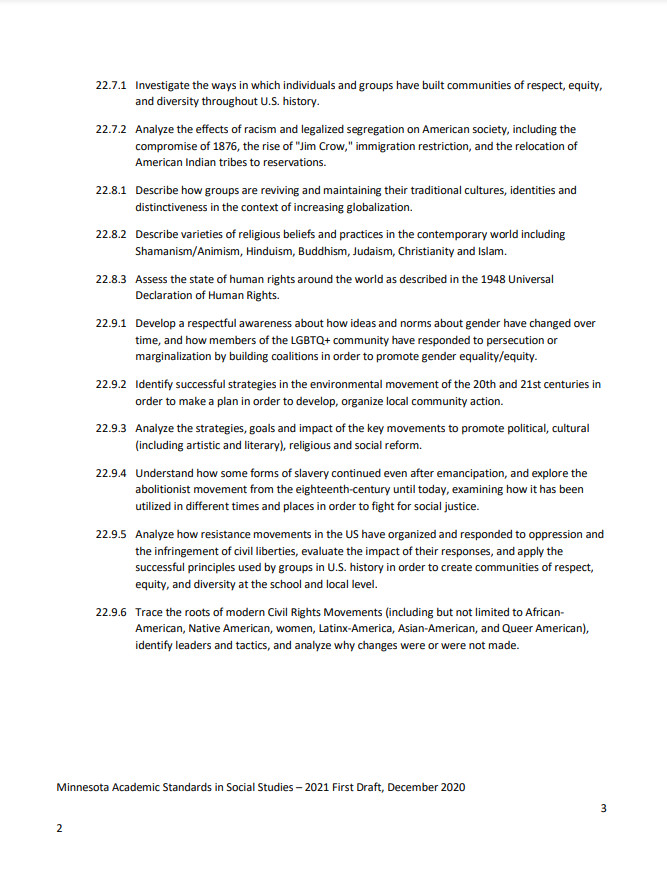 “The relationship between humans and the environment including climate change” will also be a topic of study.
“The relationship between humans and the environment including climate change” will also be a topic of study.
Another proposed benchmark states that students will “learn to recognize unfairness, stereotypes, and bias on the individual level (e.g., biased speech) and injustice at the institutional or systemic level.”
The first draft of the new K-12 academic standards has been posted to the Department of Education website where Minnesotans can provide feedback. There is also an option to email comments directly to Doug Paulson, the director of state academic standards, at [email protected] or attend a series of virtual town hall meetings about the plan.
Jose Alvillar is an activist and a member of the committee responsible for the new social studies standards. He’s glad that the new educational plan will “challenge the Eurocentric pedagogy that prevails in our education system,” according to the Pioneer Press.
However, both Alvillar and fellow committee member Aaliyah Hodge say the new standards don’t go far enough.
“This overwhelming dominance of Euro-America perspectives is not only damaging to our children’s identity but also leads many students of color to disengage as they don’t see themselves reflected,” Hodge said, expressing that she wants the second draft to move even further away from traditional “Euro-American” topics.
Minnesota’s education standards are revised every 10 years.
During the last revision cycle, Paulson said the state chose to deemphasize learning names and dates in favor of more nebulous standards that favor classroom participation over knowledge of facts.
Elected lawmakers used to play a role in this process, but no longer do.
The standards decided upon by education bureaucrats do not dictate specific curriculum, but schools must create classroom materials that address the standards.
A second draft of the proposed social studies standards will be available in February. The final standards are expected to be approved by the education commissioner at the end of this school year for implementation by fall 2025.
– – –
Photo “Minnesota Classroom” by MN Department of Education.

